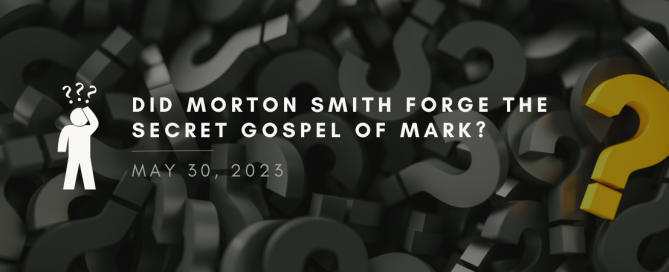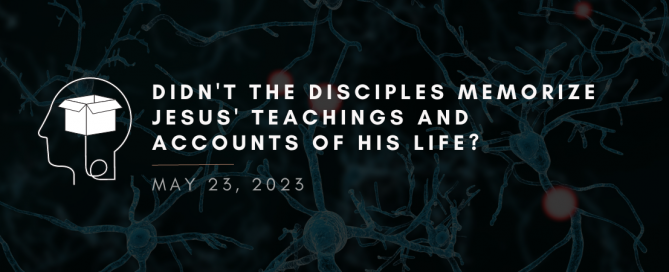The Events Leading up to the Death of Jesus: What Can We Know and Not Know?
Now I’d like the rubber to meet the road. If we think we can know a good bit of the gist of Jesus’ life, what can we say with relative certainly about how it ended? What do scholars who look at all the evidence basically agree on? And what (and how much!) is basically up for grabs? Here’s how I discuss it in Jesus Before the Gospels (HarperOne 2016). ****************************** Gist Memories of Jesus’ Death One of my purposes in this book is to examine later traditions about Jesus recorded in our Gospels, written between forty and sixty-five years after his death, to see if any of them include distorted memories, either in whole or in part. In this chapter I will focus on traditions involving the death of Jesus; in the next chapter, after exploring the question of whether oral cultures are likely to remember the past more accurately than literary ones, I will explore traditions involving the earlier life and ministry of Jesus. I want to begin with stories surrounding Jesus’ last days [...]



